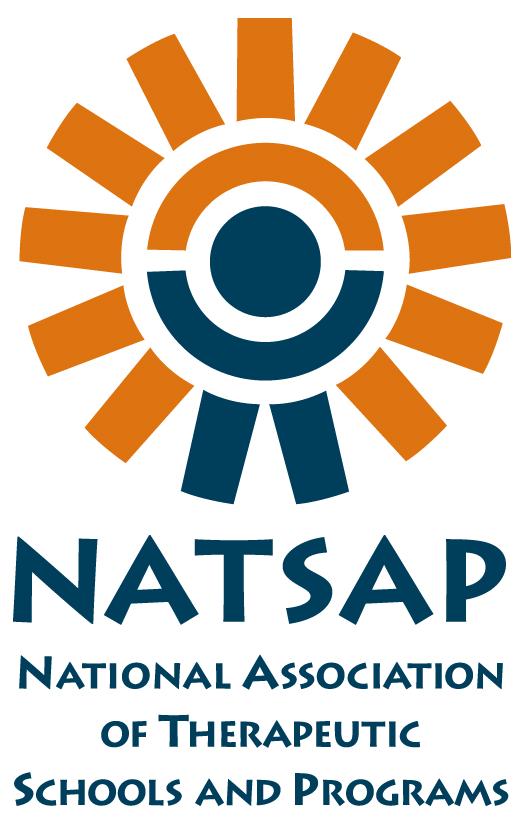Accountability…
I have been a foster Parent on and off for over fifteen years. I get asked many questions from parents that have teenagers who are struggling. The bottom line is they need to be held accountable for their actions and the problems they are causing within your family or community. I believe if your child is stealing, being physically abusive and destructive of property or using substances, you have to hold him accountable. This can be very difficult if it means involving a youth program to place your teen until they get the help they need, but in the end it WILL be worth it. It’s time when your child is breaking the law or stealing from you, you need to get more help. I know parents who say, “I can’t do that to my son,” and understand first hand that it’s a very difficult thing to do. But to avoid the problem will be doing your son a huge dis-service. When you choose the more difficult road, you’re doing your child a favor by telling him that what he is doing is unacceptable. If he is not responding to parental authority or to the school’s authority, you may have to go to a higher level. Your child has to learn how to respond to authority if he’s going to go anywhere in life. These types of behaviors have to be controlled now or they will be carried on throughout their adult lives. Accountability creates change. It doesn’t guarantee a complete inner change right away, but it will create a behavioral change.
The most important thing I believe as a parent, is to remember that we are raising our children to be productive and happy adults. If your teenager is so out of control that you can’t give him the help he needs at home I strongly suggest looking into Triumph Youth Services they will help your son learn to take accountability for his actions.
Positive Peer Culture Works!
Students enter the Triumph Youth Services program blaming others for their problems, not taking any accountability for their actions and living by a no “snitch” code which encourages criminal behavior, manipulation and negative actions behind the scenes. With PPC, youth who come to treatment blaming others for their problems are challenged and confronted by peers. Youth who do not take accountability for their actions are confronted by their peers. Students who do not hold their peers accountable for negative behaviors/actions are confronted by their peers. Young men who manipulate are confronted by their peers, and youth who participate in inappropriate actions behind the scenes are confronted by their peers. At the same time, youth who continually make positive choices and demonstrate consistent good behavior are spotlighted by their peers, and recognized for their efforts and example.
The open and trusting environment of the Positive Peer Culture program creates the belief that problems can be viewed as opportunities to learn. It focuses on the here and now as opposed to dwelling on the past. Each student is instrumental in the success of PPC. All of these elements increase the likelihood of a positive change in a student’s attitude and overall interpersonal behaviors.








